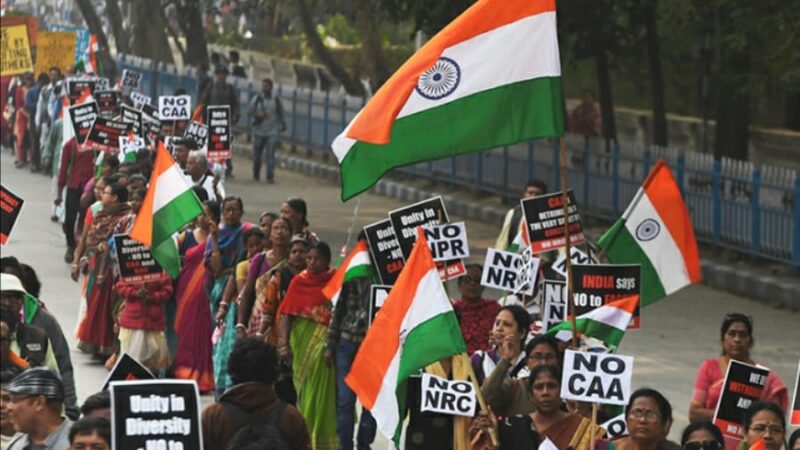Indian Television: Stereotyping Women?

As I sit down and wonder the reasons for the inequality that women suffer, especially in a male-dominated and patriarchal society like ours, various reasons cross my mind which includes: family structures, traditions and rituals etc. But what is fuelling this discrimination against women today is the content of Indian TV. Yes, think about what is portrayed on television these days.
1. Take the case of a show where there is a big joint family. We see that women are supposed to always cover their heads in front of the elders. Even if they are not required to cover their heads; they must keep their eyes down while talking to them.
2. The women of the house are not supposed to give their opinion or raise their voices when the men of the house are discussing a matter. In fact, it is believed that women do not possess the knowledge or capability to advise men on any kind of issue.
3. Women are not supposed to answer back when somebody taunts them. They are expected to quietly take in all the insults.
4. Take a typical dining scene. The women are expected to stand and serve while the men sit down and eat. They cannot sit down along with the men and have their meal.
5. Moving on to the evergreen scene where a man is shouting at his wife for his wallet, keys and kerchief. It is assumed that women must be responsible for the proper keeping of their husbands’ belongings.
6. In case a woman wants to go out of the house, she is supposed to take permission from her husbands or in-laws.
7. What is appalling is that some shows even go to the extent of portraying physical and mental torture by husbands against their wives and the wives become so used to it that they start accepting it as a part of their lives.
8. Then there is the always the question of a woman working after marriage. As per our shows, women are rarely allowed to step out of the house and go for work. Even if they are permitted, they are supposed to give their earnings to their in-laws, irrespective of the fact that their own parents are in dire need of financial assistance.
9. Often we see that the even the parents of girls do not support them. If a girl wants to study, she is always asked, ‘What will you do after studying? What is the use of studying? Eventually, you have to get married and look after your husband and children.’ 10. In a household, the women are required to maintain peace and ‘bind’ all people and relationships together.
11. When a man is looking for a prospective bride, the first question his mother will put forth is, ‘Do you know cooking and cleaning?’
A woman is considered a perfect bride if she can cook and clean. Moreover, if the guy’s family comes to know that the girl is educated or plans to work, they will immediately refuse for the marriage. This list proving that the content on TV tends to stereotype women is endless. Agreed that we have scenes where we see a woman standing up against injustice and fighting for her rights. But this is only when they have borne the injustice to an extreme. In other words, it suggests that women can tolerate wrong to a great extent. There are also programs where the women are working and looking after the house, but they are always required to prioritize i.e., choose their domestic chores over their professional responsibilities. Granted that nowadays there are youth oriented shows where girls step out of the house to pursue their dreams, but they are forced to meet prospective grooms and even their mothers do not stand by them. Accepted that the husbands in TV shows will stand up for their wives’ rights, but they will be asked to choose between their wife and family. There are also shows where we see the narrow-minded and orthodox people accepting that women are at par with men, but this does not come easily. It is not that television is portraying something new. These practices and stereotypes have been prevalent for a long time in the Indian society. But given the impact that television is capable of making, these stereotypes and prejudices should not be portrayed on TV. Television should take the lead in initiating change by doing away with content that paints women as meek and submissive. Though in the end, all is right and women are granted respect and treated with dignity, the existence of such inequalities and injustice should not be portrayed so severely to start with. Television has the capacity of strongly influencing the minds of people. Such influence should not be negative. Any positive effect depicted later on will be too late, as the negative imagery would be strongly embedded in the mind.
————–
About the Author: This article is contributed by Kudrat Agarwal, our Intern.






